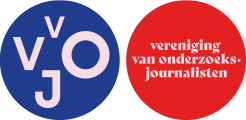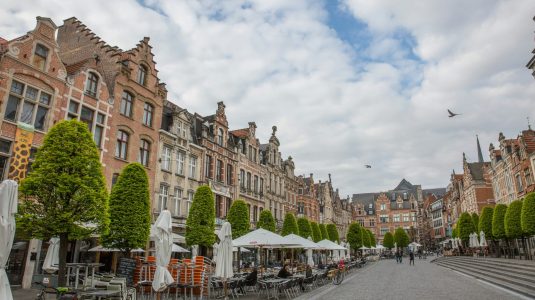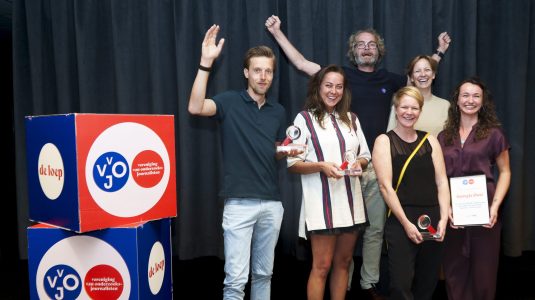 Hoe zorg je voor onafhankelijke media met geld van banken en rijke burgers? Het Media Development Loan Fund (MDLF) vond een manier. Ingewikkeld, dat wel. Maar het fonds, dat vijftien jaar geleden begon met een handjevol giften, draait dit jaar voor het eerst met (kleine) winst terwijl het project na project in de derde wereld kan steunen. Kan onderzoeksjournalistiek hier iets van leren?
Hoe zorg je voor onafhankelijke media met geld van banken en rijke burgers? Het Media Development Loan Fund (MDLF) vond een manier. Ingewikkeld, dat wel. Maar het fonds, dat vijftien jaar geleden begon met een handjevol giften, draait dit jaar voor het eerst met (kleine) winst terwijl het project na project in de derde wereld kan steunen. Kan onderzoeksjournalistiek hier iets van leren?
Tekst: Margo Smit, 22 april 2010
Patrice Schneider (Media Development Loan Fund), Regula Ritter (responsAbility), Simon Juker (Swiss Development Cooperation) en Lionel Pilloud (Banque Vontobel) bedachten samen een financieringsmodel voor onafhankelijke mediabedrijven in de derde wereld. Ze leggen zelf uit hoe. Blijf er even bij, want het is niet eenvoudig, maar wel vernieuwend.
Patrice Schneider, MDLF, www.mdlf.org: “MDLA has a mission to support independent media in developing countries. 83% of the world’s population has no access to a free press. Since our inception 15 years ago, we supported 200 projects in 27 countries, such as The Mail & Guardian (South Africa), Vijesti newspaper and TV station in Montenegro, KBR radio in Indonesia, newspaper Kristianin in Russia, and El Periódico in Guatemala.
How do we help these people to become independent? MDLF was created to help independent newscompanies and publishers in the developing world, who have problems finding money in the regular market. We help them build a business plan, then we provide the finances to have sustainable growth. These are long term relationships, 7 years, but have to lead to viable companies in the end. There is an end to our involvement. Our help ranges from sending in people to help set up marketing and advertisement desks, to generating publicity when one of ‘our’ people is harassed, so that governments know these independent publishers are backed. We get grants or zero or very low percent loans ourselves and can then provide low percentage loans to these independent publishers.”
Regula Ritter, responsAbility (www.responsAbility.com): “rA is sort of an investment advisor. We enable organisations like MDLF to find wealthy individuals from whom they can get grants MDLF then can bring to the companies that need the money for, for instance, independent media. We developed the following model for it.
rA started in 2003 as a social investment platform for European banks. We started with micro finance projects until Patrice from MDLF knocked on our door in 2006. We decided to come up with a way to refinance MDLF loans through an investment certificate. This is a repackaging of a loan that a bank gives to MDLF, and the bank can get the money from their wealthy clients. It is easier than a mutual investment fund, has lighter regulations and thus we can be more creative with it. MDLF got a 4 million CHF loan at a 1% rate, so even (to clients) small amounts can go around. This way, wealthy clients can put some of their wealth into media development and be very transparent about it, speak about it, market it.
If you invested 100 CHF in 2006, it would be 111 CHF now. 2,6 million media users were reached, 1000 CHF would have provided 132 media users with independent content.”
Liobel Pilloud (Banque Vontobel), www.vontobel.com: “Banque Vontobel is a small private bank, we do asset management en private banking. We thought up the investment certificate with reponsAbility. There was more and more interest from our clients in social and sustainable investment products. Clients are interested in investing in for instance renewable energy, sustainable consumption, water, media development.
Vontobel structures the product, and offers it to clients, through responsAbility the loan goes to MDLF, rA monitors how MDLF spends the money, and MDLA monitors how the media companies spend their money.”
Simon Junker (SDC, Swiss Development Cooperation): “SDC is part of the Swiss government, part of the foreign ministry. Previously MDLF took money from regular donors, when that became more difficult and they also needed more money, our role was to guarantee the bank MDLF was solid, but only to make the relationship between MDLF and the bank a regular commercial one at a later stage.”
MDLF werd zelf ooit gesteund door o.a. een aantal oude bekenden: Stichting Doen, de Europese Raad, het Nederlandse ministerie van Buitenlandse Zaken, Stichting Democratie en Media, het US Department of State. Zij leenden geld aan MDLF, waarmee projecten gefinancierd werden. Die projecten brachten geld op, en daarmee werden niet alleen de leningen terugbetaald maar werd ook nieuw geld aangetrokken.
Schneider: “By showing we could do this, we could go to rA and propose a different way of financing: through investments.”
Zou dit model, dat draait op een gegarandeerd ‘return on investment’ uit de gesteunde projecten, ook bruikbaar zijn voor het financieren van onafhankelijke onderzoeksjournalistiek? Zou MDLF ook overwegen onderzoekscentra of websites te steunen door hen geld te lenen? Het antwoord is helaas ontnuchterend. Nog wel, tenminste.
Schneider: “Our way is to help media companies, not the whole of the information structure. We need a business model to be able to help. But there is a problem with regular media and investigative journalism these days, and this is part of the discussion within MDLF these days. We get more and more questions to work in the USA these days. The situation is that critical there. So we are looking into it. We don’t have the answer now, we may have part of it, and we are discussing it.”
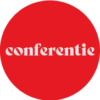
De onderzoeksjournalistiek blijkt anno 2025 niet onkwetsbaar. Waar liggen onze grootste kwetsbaarheden? En hoe wapenen we ons daartegen? Die antwoorden staan centraal op de VVOJ Conferentie 2025 in Leuven.
